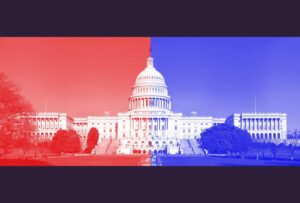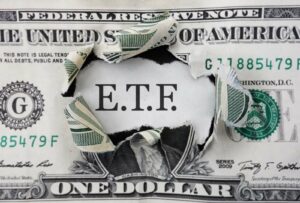Earlier this week, presidential candidate Joe Biden announced that all campaign staff members were forbidden from trading stocks without permission from the campaign’s general counsel. The ban will remain in effect until December 14th, 2020, when the Electoral College is scheduled to vote.
The move is unprecedented by a presidential campaign. While it may be normal for a presidential campaign to grow more transparent as it approaches election day, to ban all staff members from trading freely beyond the scope of the law is a step further than anything previously seen. Moreover, some experts have gone so far as to praise the move: Paul Ryan, vice president for policy and litigation at the nonpartisan government watchdog Common Cause, called it a “breath of fresh air,” while Larry Noble, former general counsel to the FEC during three different presidencies, praised the policy on the grounds that campaign staff are likely aware of non-public information that could impact their trading decisions.
If Biden’s new policy is such a win for transparency in a federal election, why is it so unprecedented?
DRAFTJS_BLOCK_KEY:ce5luEarlier this week, presidential candidate Joe Biden announced that all campaign staff members were forbidden from trading stocks without permission from the campaign’s general counsel. The ban will remain in effect until December 14th, 2020, when the Electoral College is scheduled to vote.
The reason is that regulations regarding the financial disclosures of stock trading are limited in this sphere. Presidential candidates are required to file annual financial disclosure reports at least 30 days before the date of their election; however, rules enforcing the same transparency standards for staffers don’t kick in until after the candidate has been elected. Even then, their disclosures remain confidential and are privately processed by the Office of Government Ethics. This is in contrast to the financial disclosures of elected officials, which are publicly available. As a result, policies regarding the financial disclosures of staffers have largely been the prerogative of internal campaign management.
The Biden campaign’s decision to publicly prohibit their staffers from trading on public information is certainly a win for government transparency. This move has the potential to ignite a “domino effect” and invite other and future candidates to pursue similar policies in response. As for now, we are excitedly monitoring Biden’s decision against the greater unfolding of the campaign.
For further information, please see the following relevant links:





